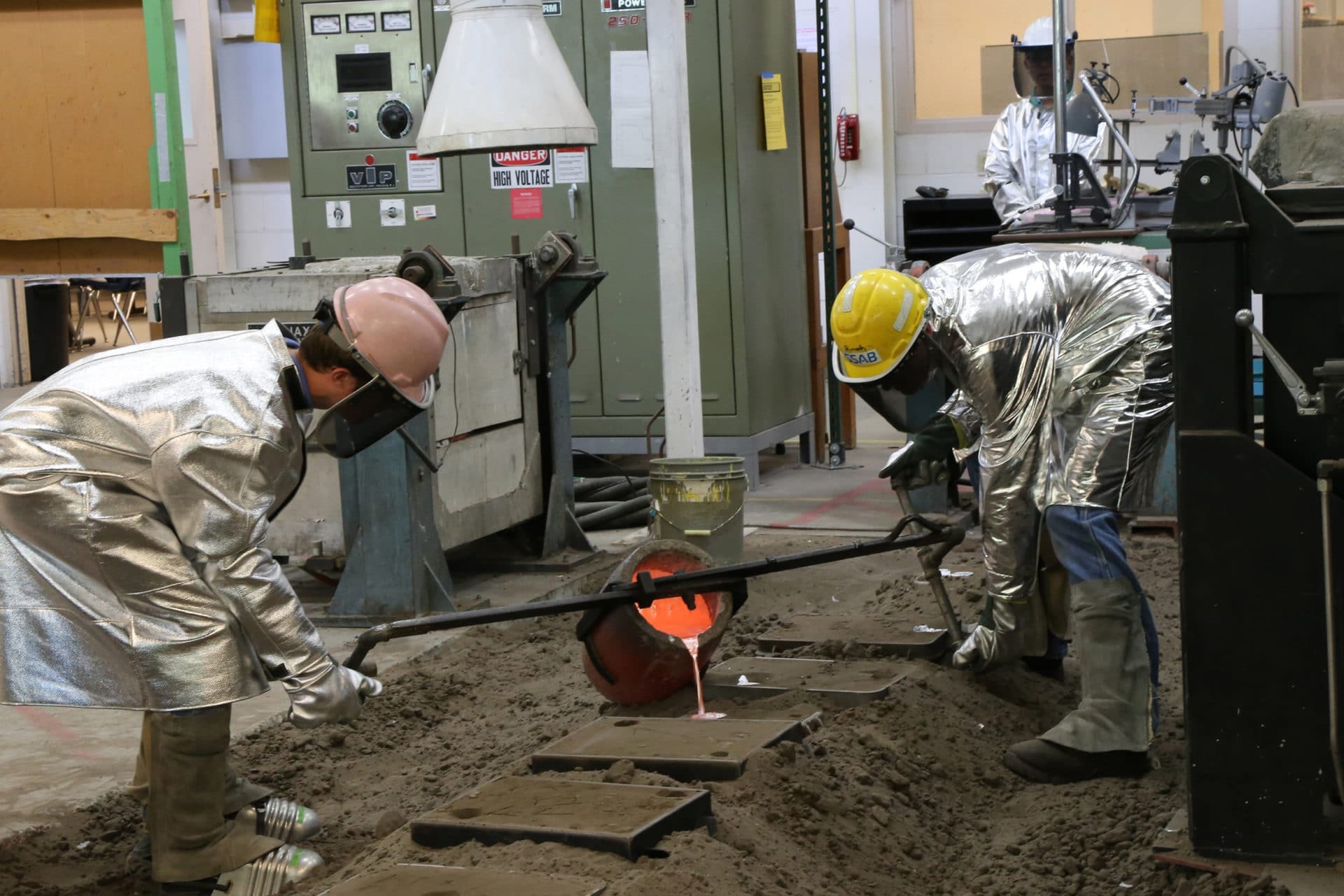Metal Testing Company
Are you in search of a Metal Testing Company in Australia? Look no further! Businessetu showcases a range of leading Metal Testing Companies from India, connecting you with top service providers renowned for their exceptional quality and competitive prices. With state-of-the-art laboratories and advanced testing capabilities, Indian Metal Testing Companies ensure accurate and reliable testing services for a wide range of metals and alloys. India's improved trade policies and close relationship with Australia streamline the testing process, making it efficient and hassle-free. Whether you require testing for metals used in construction, manufacturing, or any other industry, our marketplace offers comprehensive options for Metal Testing Services. Explore the benefits of outsourcing your metal testing needs to India and connect with reliable service providers today to ensure the quality and integrity of your metal products.

Specification of Metal Testing
| Specification | Details |
|---|---|
| Service Name | Material Testing |
| Testing Methods | Tensile Testing, Hardness Testing, Impact Testing, Chemical Analysis, Microstructure Analysis, Non-Destructive Testing (NDT), etc. |
| Materials Tested | Metals (Steel, Aluminum, Copper, Brass, etc.), Polymers, Composites, Ceramics, Glass, Concrete, Aggregates, etc. |
| Equipment | Universal Testing Machines, Hardness Testers, Impact Testers, Spectrometers, Microscopes, Ultrasonic Testing (UT) Machines, X-ray Machines, etc. |
| Testing Standards | ASTM, ISO, DIN, BS, ASME, IS, NABL, NIST, etc. |
| Accuracy | High accuracy and precision in testing results |
| Accreditation | NABL Accredited Laboratories, ISO 17025 Certification, Accreditation from International Standards Bodies |
| Turnaround Time | Quick turnaround time for testing and reporting |
| Reporting | Detailed test reports with comprehensive analysis, including graphs, charts, and recommendations |
| Custom Testing | Customized testing services available upon request |
| Industries Served | Automotive, Aerospace, Construction, Manufacturing, Oil and Gas, Petrochemical, Power Generation, Mining, Electronics, etc. |
| Compliance | Compliance with relevant industry standards and regulations |
| Customer Support | Dedicated customer support for queries and assistance |